…what are strong Western democracies doing that we are not doing? How have they been able to sustain a transparent electoral system?
By Chimezie Chika
In 2022, the Nigerian National Assembly passed the new Electoral Act into law. The Electoral Act was applauded as groundbreaking—a true reflection of Nigeria’s desire to strengthen its democracy and curb the corruption and the malpractices of previous elections. The new law made provisions for the introduction of automated voting processes using new technology. In the ensuing months, the Independent National Electoral Commission (INEC), Nigeria’s electoral body, introduced the Bimodal Voter Acreditation System (BVAS) machines and the INEC Results Viewing Portal (IReV), which would aid voter registration, accreditation, and the instant electronic upload of election results at the polling unit level. In several public appearances, INEC senior officials assured that the 2023 election would be well-organised, air-tight, and different, given all the resources at their disposal. They promised well-trained personnel, good security, and a fast IT-enabled voting process, among other things. To accomplish all these, INEC was given the biggest ever budget in Nigeria’s electoral history, 305 billion Nigerian naira.
(Read also: Tribalism in Africa: A Tool for Charging Political Agenda)
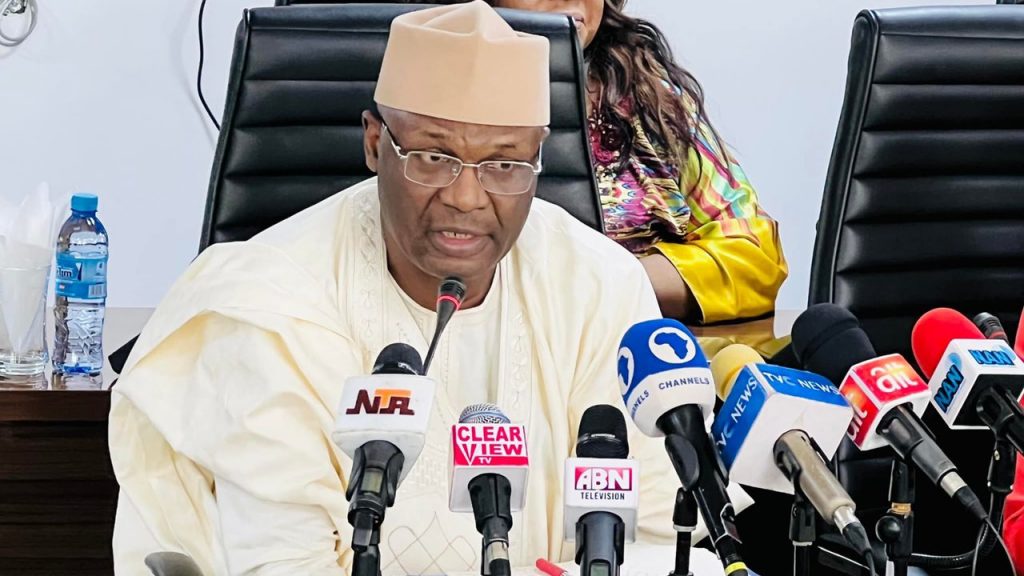
So here was a huge 305 billion naira budget. Here were well-trained personnel. Here were thousands of BVAS machines. Here was a secure IReV portal. Here were committed and non-partisan INEC officials. Here were sorted-out logistics. Here was adequate security. Here were clear-cut guidelines that INEC had set out for its officials and for the election. Here was a process promising transparency and unimpeachable integrity. On paper, all was prepared, and Nigeria seemed destined to have the most free and fair election ever seen since independence. In the minds and faces of people, there was enthusiasm and genuine belief in the electoral body. Any attempt by pessimists to point to the not-too-distant past records of INEC was met with the anger of the masses of believers. In the months leading up to the election, I saw the highest display of patriotism by Nigerians that I had ever seen outside of football matches and sporting events.
On the 25th of February, 2022 — the day of the presidential and parliamentary elections —Nigeria went to the polls. Many Nigerians left their homes early in the morning to be at polling units. In some places, the INEC ad hoc staff responsible for the polling units arrived on time and voting went on smoothly; but in many other places the reports were quite the opposite. Before noon on the same day, social media was awash with complaints about the inability of the BVAS machines to upload results on the IReV portal (a problem INEC called “a network glitch” but never solved). In many polling units all over the country, video evidence emerged of thugs invading polling units and destroying electoral materials while security personnel stood by. There were videos of voters running from gunshots. There were videos of thugs threatening voters. There were videos of voters locked out of their polling unit venues while clandestine voting went on inside. There were videos of underage voters standing in long queues. There was so much malpractice and illegal acts going that, even at that point, it was clear to many people that the election was not what was promised. Were these not the same problems we had seen with INEC elections since 1999 and before?
Voting continued on the 26th of February, with many voters having to stay up through the night at their polling units to make sure the results were counted and collated. Daybreak brought more reports of the failure of the electronic uploads, with, again, claims that the IReV portal was overloaded and down. Instead results were being collated manually at the state level. The striking discovery was that when results finally began to emerge at the online portal, they were different from pictures of the ones people had from their polling units. In some cases, the uploaded results were so blurry that the writing could not be seen. In many cases, the results appeared with many ink blots and cancellations. Complaints about the doctoring and changing of results were all over social media.
(Read also: Have We Reached the Long-Awaited Meeting Point of Politics and Religion?)

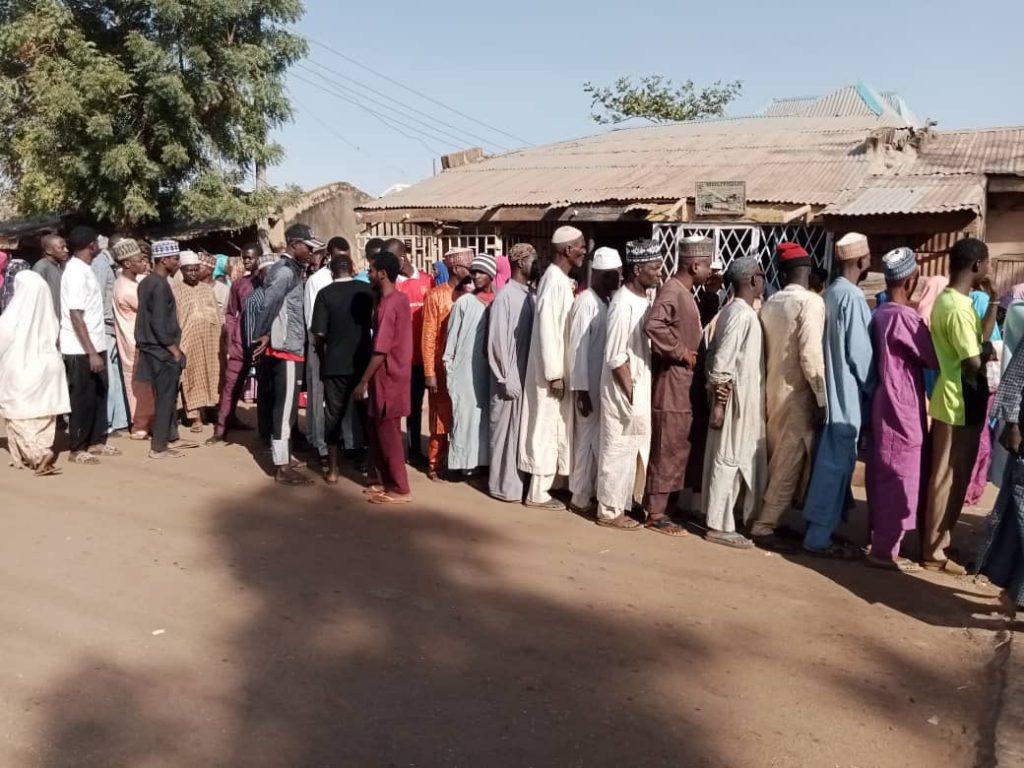
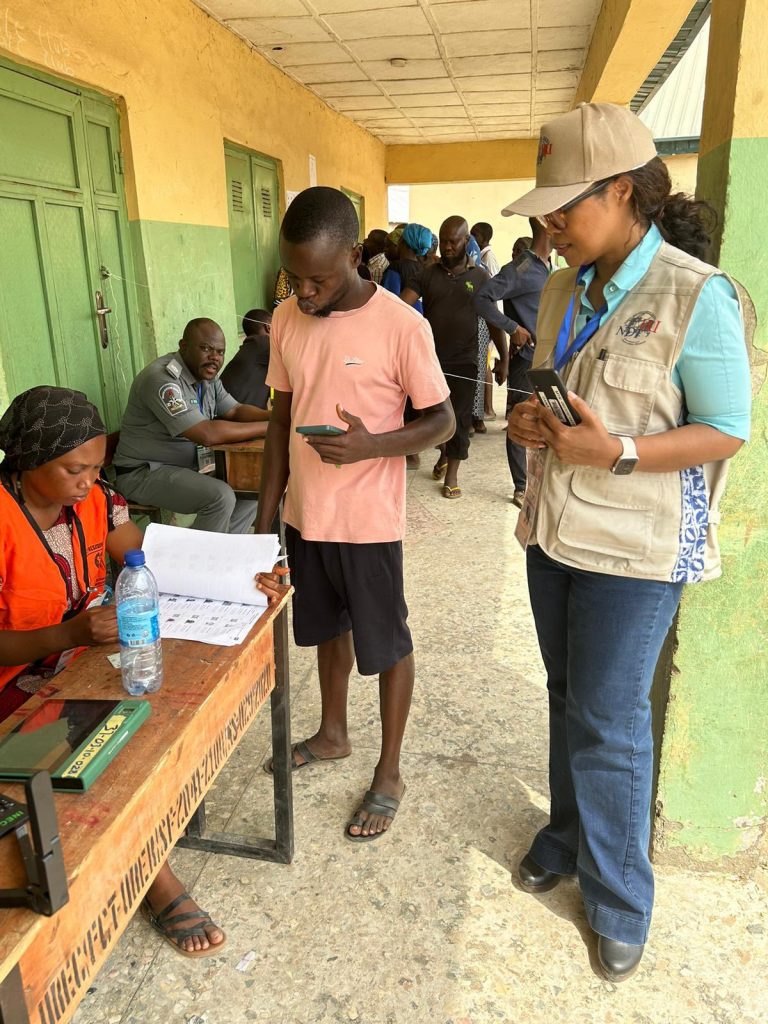
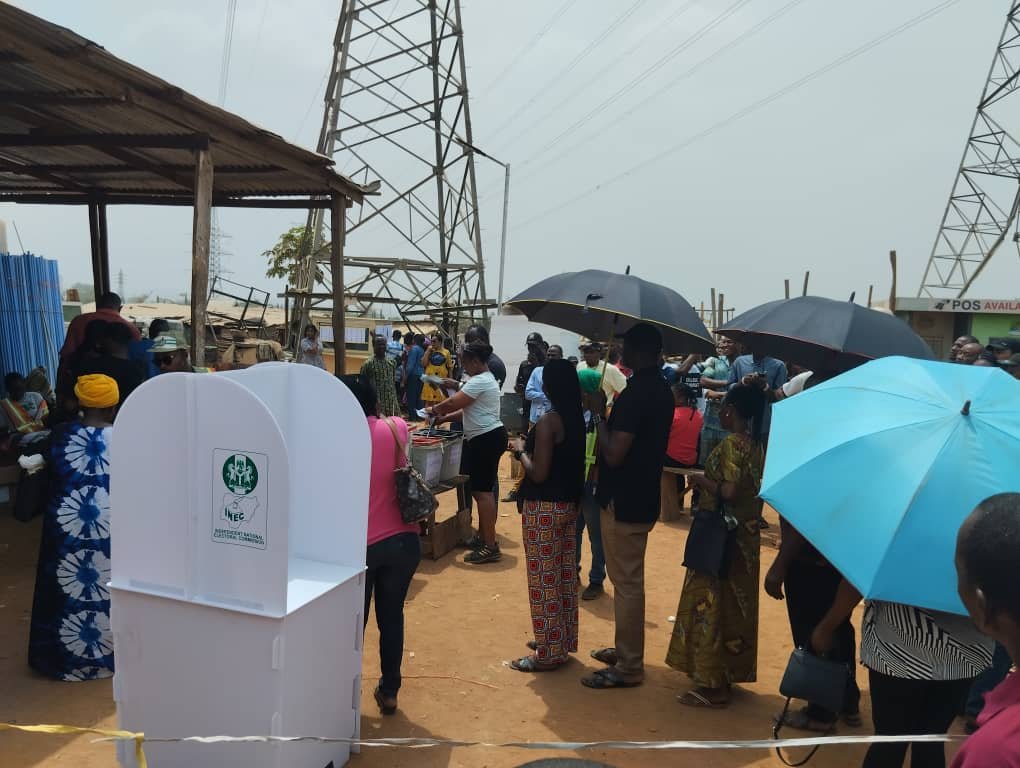

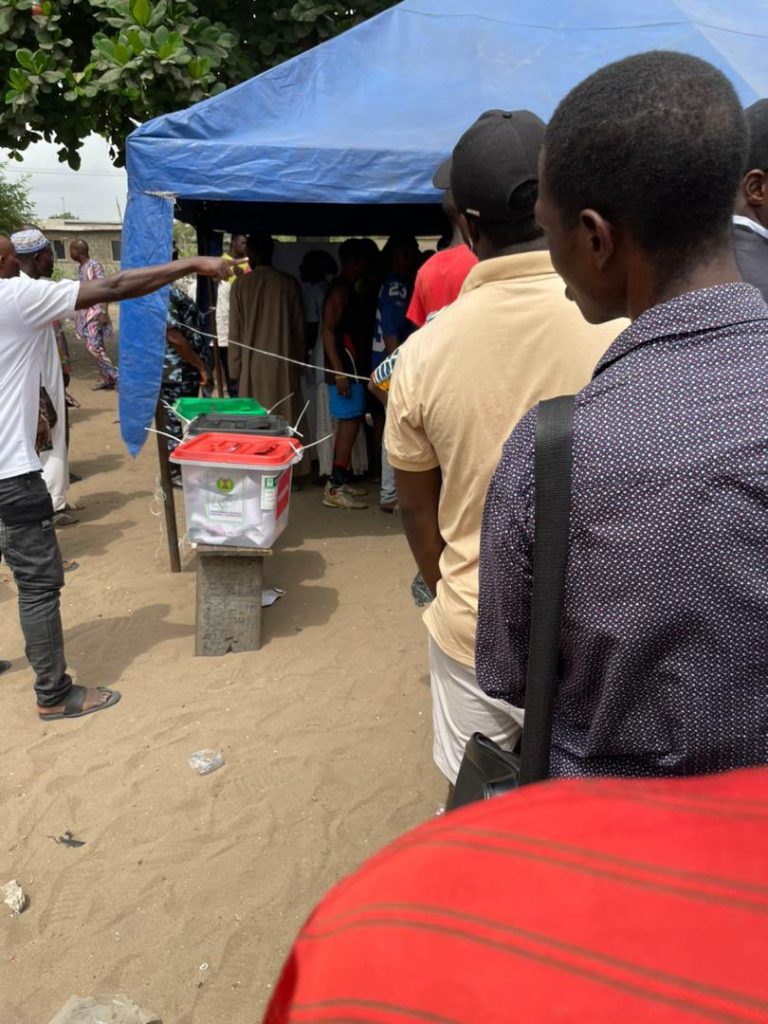
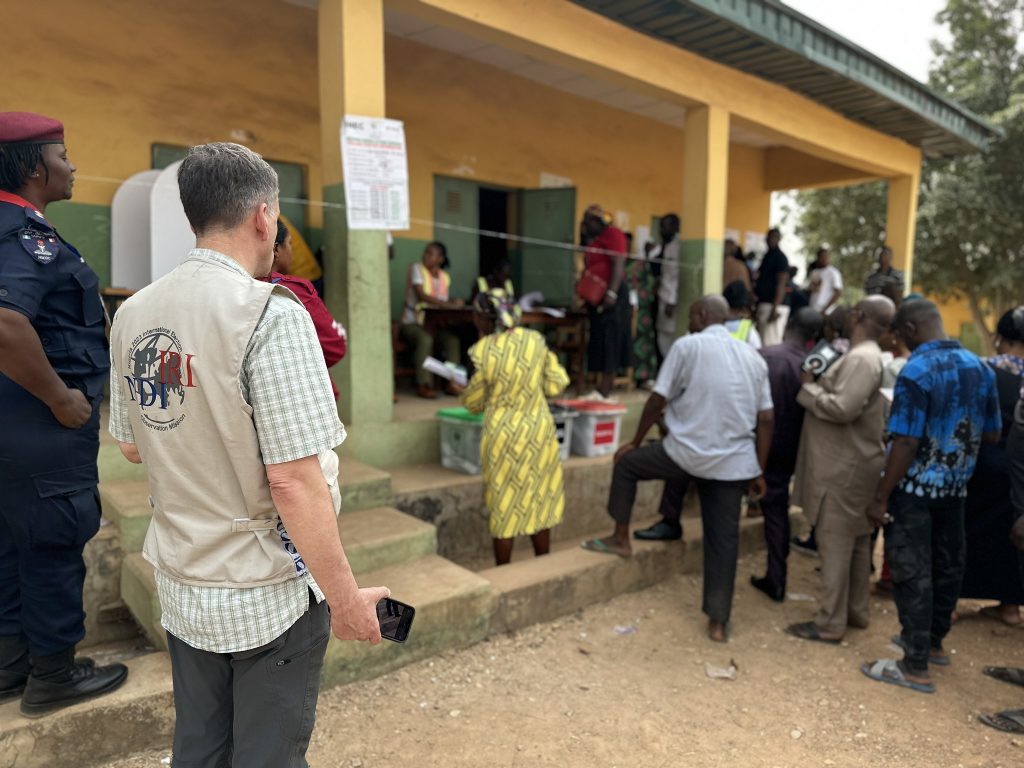
The National Collation Centre in Abuja, presided by the INEC Chairman, Mahmood Yakubu, ignored all complaints from voters and party agents, who pointed to the fact that INEC was breaking its own rules by announcing results that were not uploaded on the portal or, in cases were they were uploaded, did not correspond with what the results the agents had from their polling units and wards. INEC counted what it had and announced the All Progressives Congress, APC’s candidate, Asiwaju Bola Ahmed Tinubu, as Nigeria’s new President-elect in the early hours of Wednesday, 1 March, 2023.
But, in the end, has the INEC fulfilled its promises? The bypassing of the 2022 Electoral Act, the failure of electronic uploads, the failure of security and logistics for polling units all over the country, the sudden decision to collate results manually at state and local government levels without showing them publicly—all these raise questions of trust, transparency and integrity. The major concern is that, with four years of preparation and major resources at its disposal, INEC had again failed to follow its own rules. Wednesday, the 1st of March, 2022, was a quiet morning, and INEC had failed to follow its own rules.
A democracy cannot afford to have a weak electoral body, for its very physical and ideological existence rests on a system that allow people to choose their own leaders. True transparency in the electoral system must begin with the commitment of the incumbent government to appoint individuals of proven integrity and unquestionable character. The process cannot be trusted if the individuals involved cannot be trusted. In future elections, INEC needs to exercise true independence in all its dealings. It can begin by establishing a system of checks and balances, which will reduce the powers of its officials, from the chairman to the rank-and-file. INEC can also completely abolish manual collation of results and introduce a comprehensive electronic voting system that will move away from the use of paper. If we were to ask the questions, what are strong Western democracies doing that we are not doing? How have they been able to sustain a transparent electoral system? Then, at that point, INEC will be ready to make lasting changes in our systems. Hopefully, the right moves will be made to strengthen our democracy in future elections.
Chimezie Chika’s short stories and essays have appeared in, amongst other places, The Question Marker, The Shallow Tales Review, The Lagos Review, Isele Magazine, Brittle Paper, Afrocritik and Aerodrome. He is the fiction editor of Ngiga Review. His interests range from culture to history, art, literature, and the environment. You can find him on Twitter @chimeziechika1




